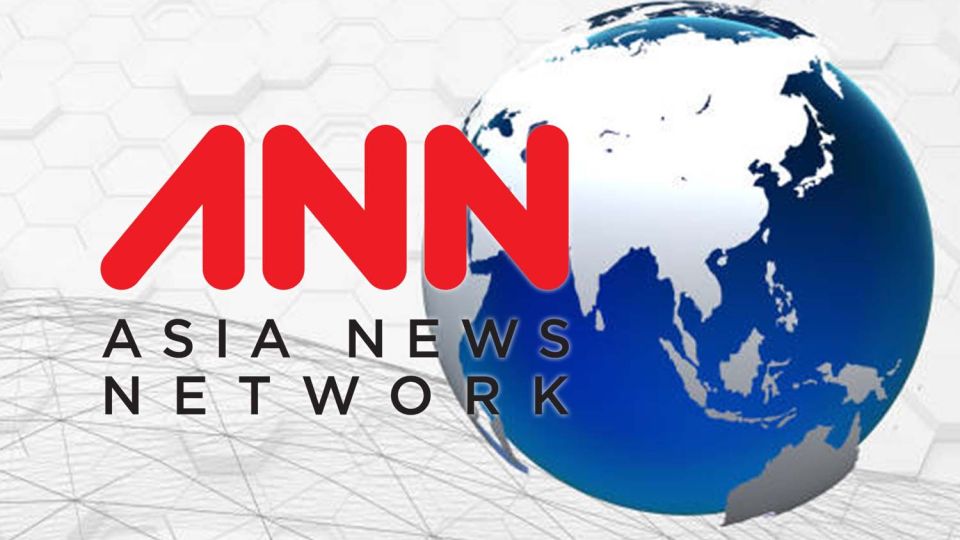January 9, 2025
SEOUL – A growing number of universities in South Korea are seeking to raise tuition fees for the 2025 academic year, ending a 17-year freeze maintained under government pressure. While the Ministry of Education has urged universities to keep fees steady, many institutions argue that financial constraints have left them with no choice but to increase costs.
According to a survey by the Korean Association of Private University Presidents, over half of 90 private universities reported plans to raise tuition fees, while 38 are still deliberating. Only four universities stated they intend to keep fees frozen. The push to increase tuition follows moves by notable institutions such as Sogang University and Kookmin University, which decided to raise undergraduate tuition fees by 4.97 percent for the first time in over a decade.
Since 2009, the government has indirectly regulated tuition fees by withholding financial support from universities that raise them. This policy has resulted in most institutions maintaining a freeze for over a decade, despite inflation and rising operational costs.
However, the sentiment has shifted this year, with university leaders widely agreeing on the need for higher tuition fees.
This year, the tuition hike cap has been set at 5.49 percent, creating a financial landscape where universities can gain more revenue from increasing tuition than relying on government subsidies tied to maintaining a tuition freeze.
Notably, Sogang University and Kookmin University have decided to raise their tuition fees for the first time in 13 and 17 years, respectively. Other prestigious universities, including Yonsei University, Korea University, Sungkyunkwan University, Chung-Ang University, Hanyang University and Kyung Hee University, are reportedly considering similar measures.
A president of a private university in Seoul remarked, “Unlike previous years, many universities are pushing for tuition hikes. Raising fees this year won’t make us stand out, and we feel that missing this opportunity could be a mistake.” This reflects a growing consensus among universities to act decisively on the issue.
University administrators argue that raising tuition is essential to maintaining educational quality and attracting top faculty. The survey showed that an overwhelming 97.8 percent of 90 universities stated that the freeze has made it difficult to invest in advanced laboratory and experimental equipment. Additionally, 97.7 percent reported challenges in improving educational facilities, while 96.6 percent cited difficulties in hiring talented faculty, and 94.5 percent noted the strain on enhancing student welfare.
South Korea’s long-standing policy of frozen tuition fees can be traced back to political strategies and welfare promises that began in the mid-2000s. The idea of “halving tuition fees,” originally championed by the conservative Grand National Party, now the People Power Party, laid the groundwork for the current debate over tuition increases.
In 2006, then-GNP lawmaker Lee Ju-ho, now the Minister of Education, spearheaded efforts to reduce tuition burdens through a series of legislative initiatives, such as allocating 2 trillion won ($1.4 billion) to support STEM students, providing tax deductions for university donations to promote a culture of charity, and linking increased salaries for military personnel to lifelong learning accounts for tuition assistance. These measures were collectively branded as the “Half-Tuition Fee Policy,” reflecting the promise to reduce students’ financial burdens by 50 percent.
The policy gained national attention during the 2006 local elections, when former GNP leader Park Geun-hye adopted it as a campaign pledge. By February 2007, the GNP had successfully passed the Half-Tuition Fee Act during a special parliamentary session, solidifying it as a cornerstone of Park’s platform during the presidential primaries later that year.
The financial strain on universities is reflected in South Korea’s higher education spending statistics. According to the OECD’s 2021 Education Indicators, South Korea ranks eighth among 27 OECD countries for public university tuition, and seventh among 18 countries for private university tuition.
In response to the growing momentum for tuition hikes, Education Minister Lee Ju-ho issued a letter on Dec. 31 urging universities to maintain the freeze. The Ministry has also eased conditions for financial aid, allowing universities to cut internal scholarships by 10 percent if they comply with the freeze.
On Wednesday, the Education Vice Minister reportedly held a meeting with two of the nine national university principals to discuss the tuition hikes and urge them to take part in the tuition freeze.


